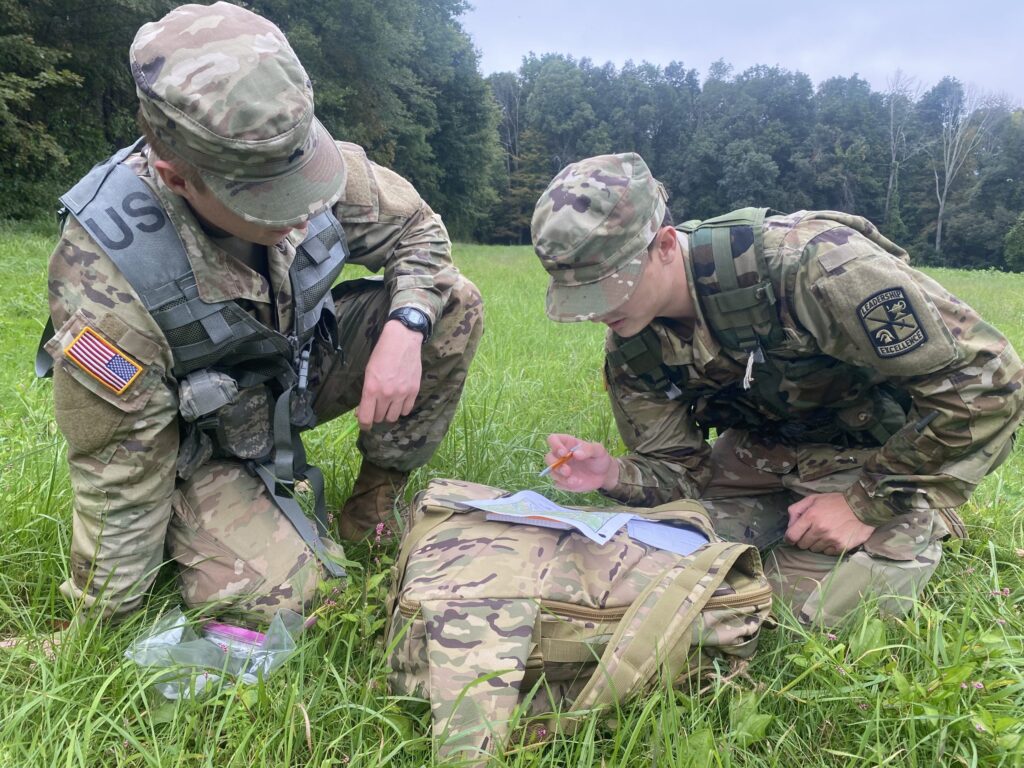Warfare has been a part of human history for centuries, and with the advancement of technology, it has become more complex and deadly. To address the devastating consequences of armed conflicts, there are laws and ethical frameworks known as the Laws of Armed Conflict (LOAC) or International Humanitarian Law (IHL) in place. These laws aim to protect civilians and combatants who are not participating in hostilities and establish rules of engagement that ensure a certain level of humanity in warfare. Understanding the principles of LOAC, the rules of engagement, and navigating the complexities of modern warfare is essential for military personnel to make ethical decisions and minimize the human cost of war.
Understanding the Ethical Framework of the Laws of Armed Conflict
War has been a constant part of human history, and with the advancement of technology, modern warfare has become more complex and deadly. In order to mitigate the devastating consequences of armed conflicts, there are laws and ethical frameworks in place that govern the conduct of parties involved in armed conflicts. These laws, known as the Laws of Armed Conflict (LOAC) or International Humanitarian Law (IHL), aim to protect civilians and combatants who are not taking part in hostilities, and to establish rules of engagement that ensure a certain level of humanity in warfare.
The Principles of LOAC
The laws of armed conflict are based on several key principles, including the principle of distinction, which requires parties to distinguish between civilians and combatants, and between civilian objects and military targets. This principle is fundamental to protecting civilians and ensuring that military actions are directed only at legitimate military targets.
Another key principle is the principle of proportionality, which requires that the anticipated harm to civilians or civilian objects is not excessive in relation to the concrete and direct military advantage anticipated from an attack. This principle is meant to prevent unnecessary harm to civilians and to ensure that military actions are proportionate to the military objective.
The Rules of Engagement
The rules of engagement (ROE) are specific directives issued by military commanders that govern the actions of military personnel in a given situation. ROE are designed to ensure compliance with the laws of armed conflict and to prevent violations of ethical principles in warfare.
ROE typically include guidelines on the use of force, the protection of civilians, and the treatment of prisoners of war. They also establish criteria for determining when and how force should be used, to ensure that military actions are justified and necessary.
Challenges in Modern Warfare
In modern warfare, the distinction between combatants and civilians has become increasingly blurred, with non-state actors, terrorist groups, and insurgent forces often operating among civilian populations. This presents a challenge for military forces in complying with the principle of distinction and avoiding harm to civilians.
Furthermore, advancements in technology, such as drones and cyber warfare, have raised new ethical questions about the use of force and the protection of civilians in armed conflicts. The proliferation of weapons of mass destruction and the potential for indiscriminate harm also pose challenges to compliance with the principles of proportionality and discrimination.
Navigating the Rules of Engagement
Given the complexities of modern warfare and the challenges posed by new technologies, navigating the rules of engagement in armed conflicts requires a thorough understanding of the ethical framework of the laws of armed conflict. Military commanders and personnel must be trained in the principles of LOAC and ROE, and must be equipped with the knowledge and skills to make ethical decisions in the heat of battle.
Furthermore, communication and coordination between military forces, humanitarian organizations, and other stakeholders is essential in ensuring compliance with the laws of armed conflict and in protecting civilians from harm. By upholding ethical standards and adhering to the principles of LOAC, parties involved in armed conflicts can minimize the human cost of war and uphold the values of humanity and justice.
